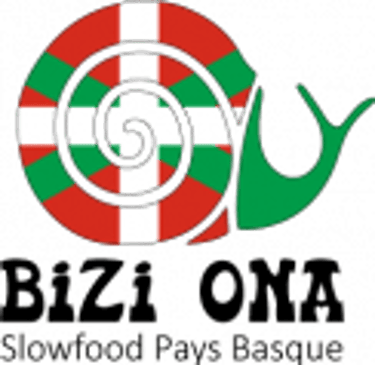Bizi Ona — Slow Food in the Basque Country
Denbora Hartu: take the time
Bizi Ona is the Slow Food movement of the Basque Country , born from the conviction that our way of eating tells us about our way of life.
Our objective: to promote a virtuous mode of consumption , rooted in our traditions , our history , and respect for living things .
Here, every product has a soul, every recipe a memory, and every gesture a meaning.
good, clean, and fair food —good for taste and health, clean for the environment, and fair for those who produce it.
Because our local producers bring our mountains, our valleys and our coasts to life, Bizi Ona wants to make their voices heard:
They have the know-how,
we have to let you know !
Taking time— Denbora Hartu —also means reconnecting with the rhythm of the land, with the cycle of the seasons, with the simplicity of a shared meal.
It's an invitation to rediscover the richness of our gastronomic heritage, to support the local economy, and to build a sustainable and delicious future together.
2002
La Création du convivium Slow Food du Pays Basque :
BIZI ONA
L’histoire de Bizi Ona est au départ celle de 5 amis déterminés à s’opposer à la malbouffe et à préserver l’environnement au Pays Basque. Car même si les traditions gastronomiques y sont plus préservées que dans d’autres régions du monde, le Pays Basque n’échappe pas aux problématiques de santé comme l’obésité, à la pression urbaine, au poids croissant des supermarchés et tout simplement à la fragilité de cet héritage alimentaire. C’est pourquoi, ayant eu vent du mouvement Slow Food par le convivium béarnais voisin, il créent en 2002 le convivium Basque "Bizi Ona, le Slow Food du Pays Basque" pour sensibiliser au mieux manger.
Le Comvivium est très vite rentré en campagne sur l'idée simple qu'il faut d'abord balayer devant sa porte. Les plats réputés du Pays Basque couraient trop souvent le risque d'être dévoyés dans des imitations, des ersatz, des ratatouilles sous des semblants de pipérade, des hachis Parmentier sous apparence d'axoa, des galettes sous le masque de gâteaux Basques.
Nous nous devons de rendre un grand hommage à plusieurs grands personnages de Bizi Ona que sont Henri Bernard Lapeyre grand animateur de notre convivium, Jean Roland notre sage et professeur du Lycée Hôtelier de Biarritz, Jean Bernard Hiriart trésorier de Bizi Ona, éminente personne de notre territoire culturel.
Ils nous ont quitté après avoir donné beaucoup de leurs temps pour notre association et notre Pays Basque.
L’objectif ?
Créer des « fusions », du lien entre les producteurs et les consommateurs en allant dans les fermes et mettant en valeur les produits locaux de qualité.
Comment ?
- Aller directement chez les producteurs, les rencontrer, comprendre leurs démarches et défis de production, goûter : une démarche essentielle pour découvrir les filières et le savoir faire qui aurait pu s'éteindre ;
- Soutenir et encourager le maintien de filières locales ancestrales de qualité en les accompagnant dans les programmes de Slow Food pour la Biodiversité (Arche du Goût, Sentinelles) ;
- Faire découvrir les porteurs de la gastronomie basque de qualité à une communauté d’adhérents en leur proposant des activités liées aux mieux manger, en rencontrant les producteurs et dégustant les produits confectionnés par les producteurs eux-mêmes ou cuisinés des restaurateurs.
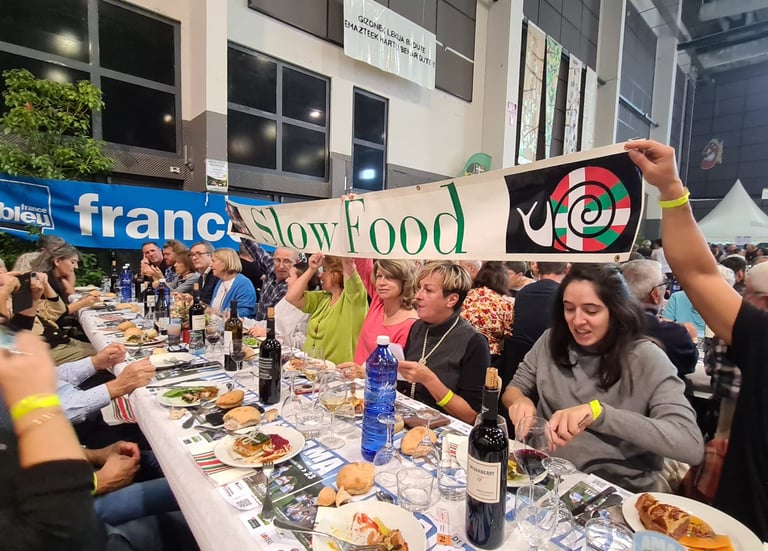

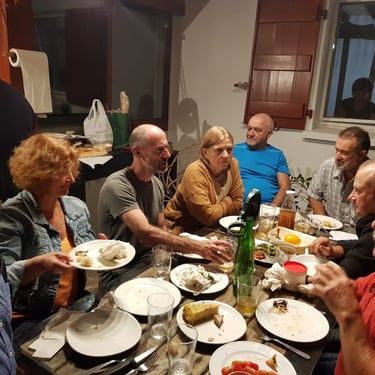
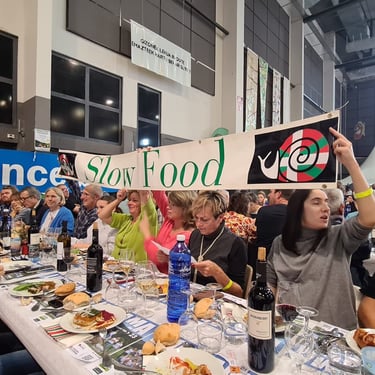
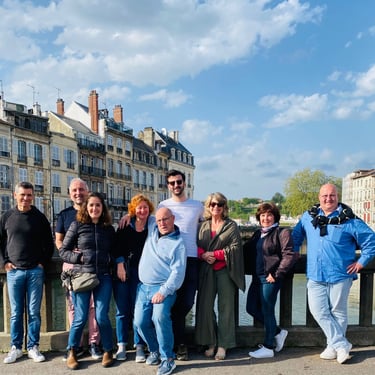
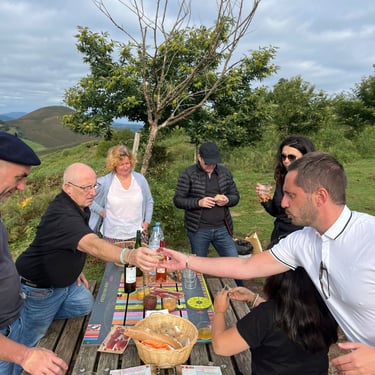
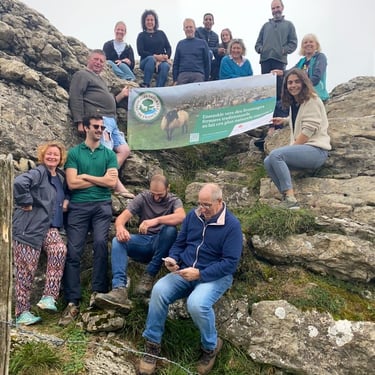
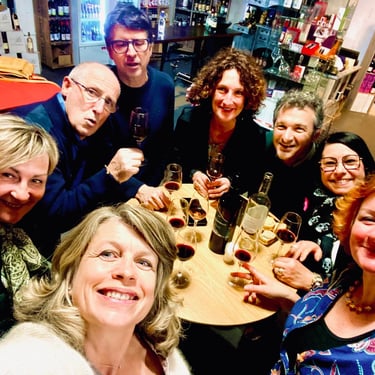
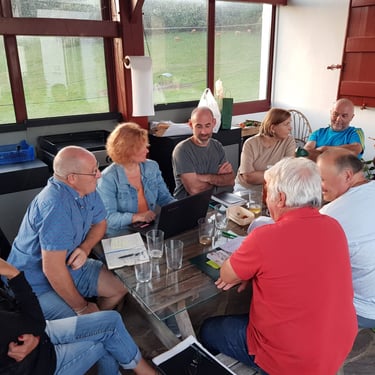
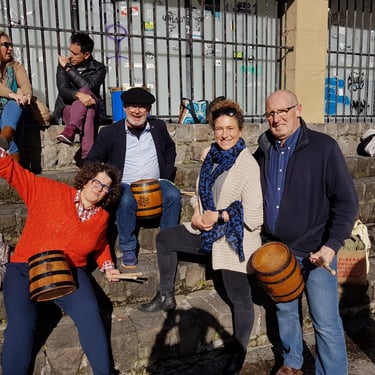
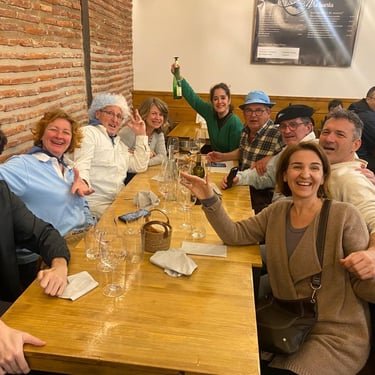
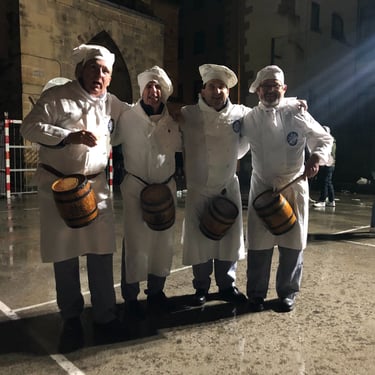
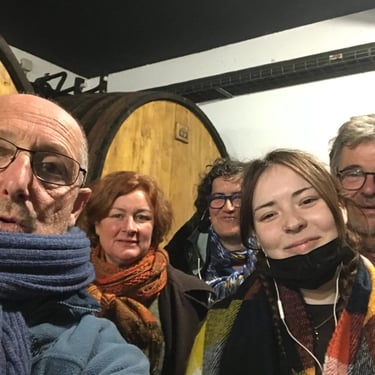
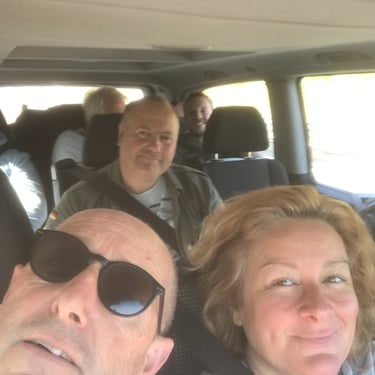
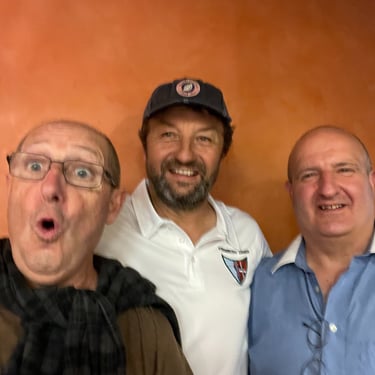
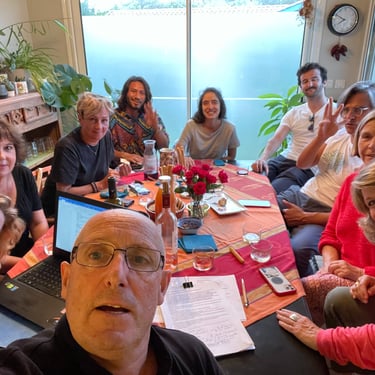
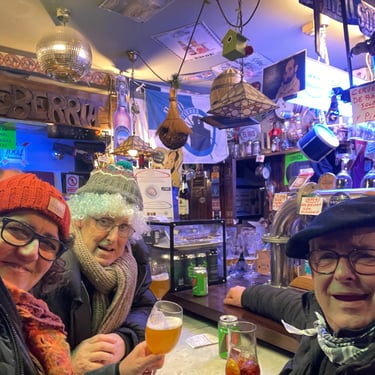
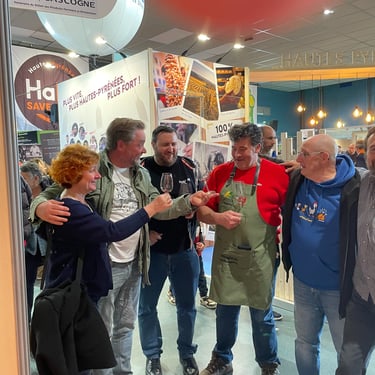
Les membres de Bizi Ona s'investissent au travers de notre territoire.
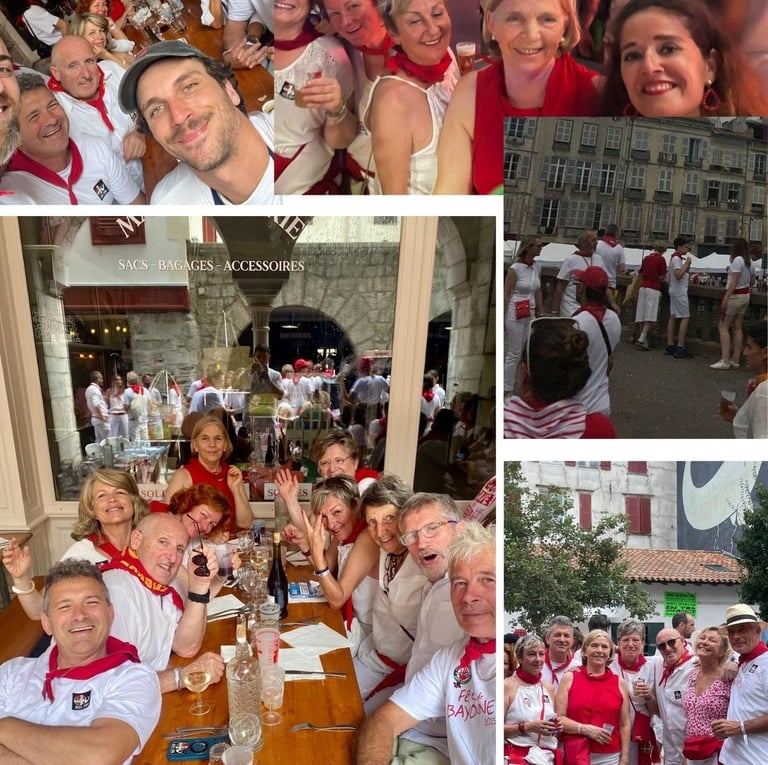

Bizi Ona fêtes de Bayonne 2024
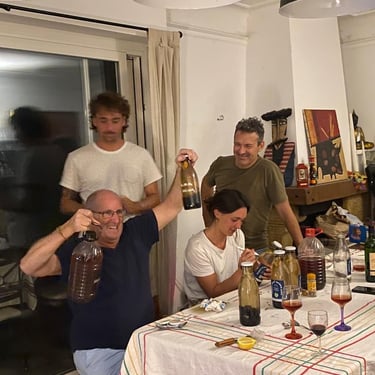
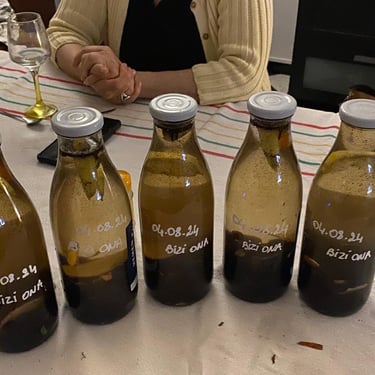
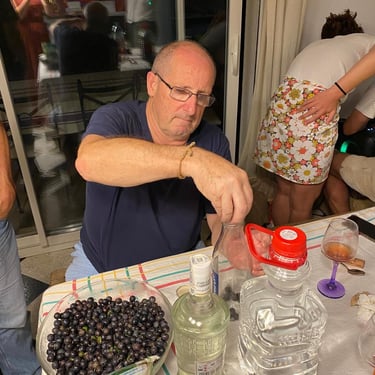
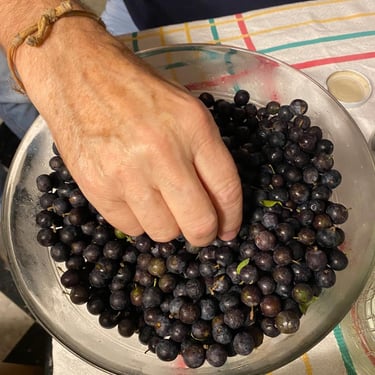
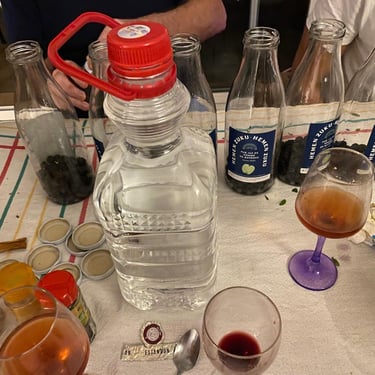
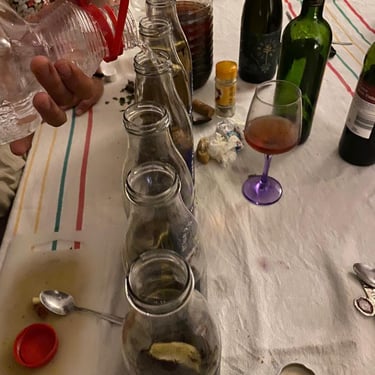
Bizi Ona preparation du Patxaran 03/08/24
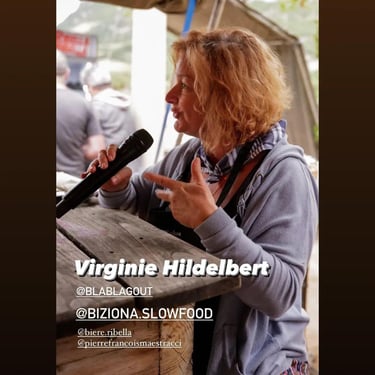
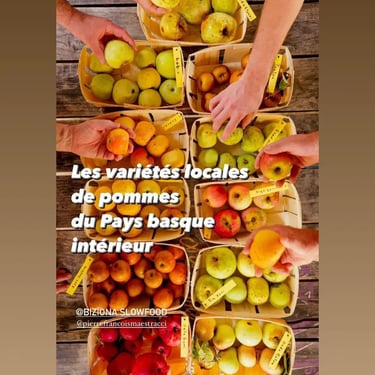
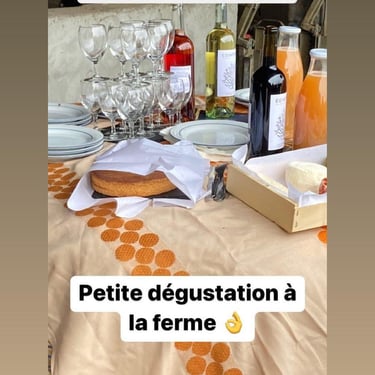
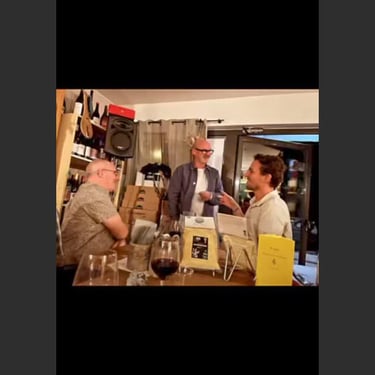
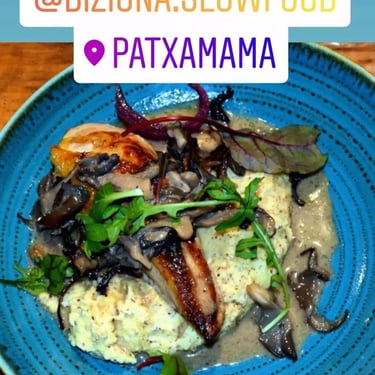
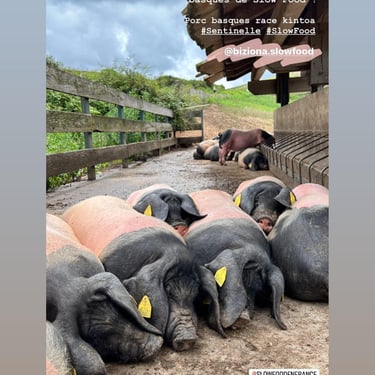
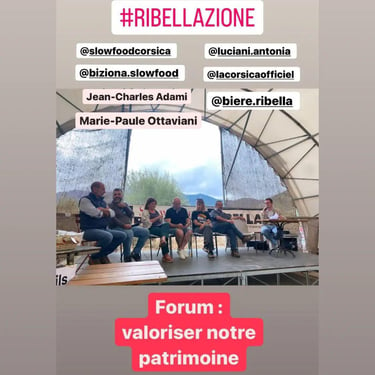
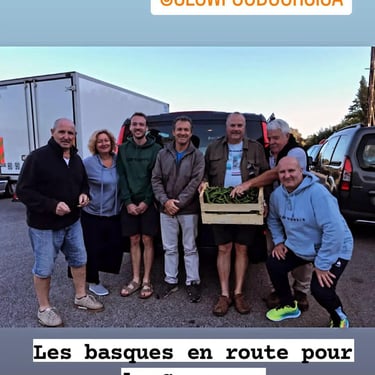
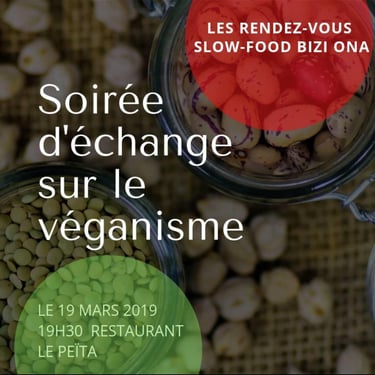
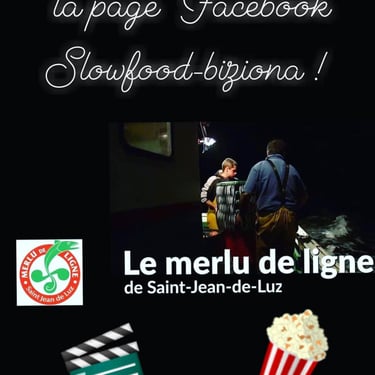
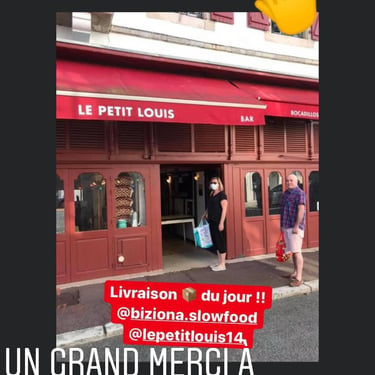
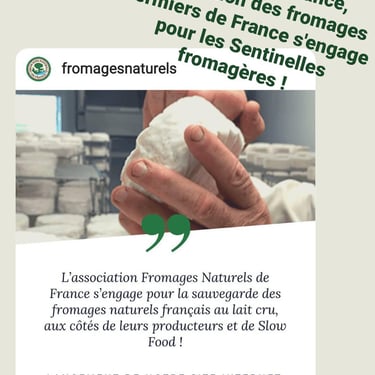
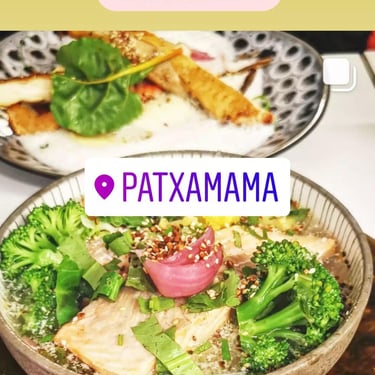
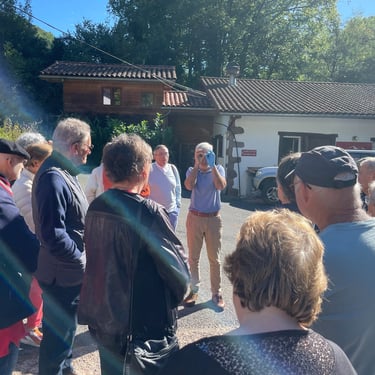
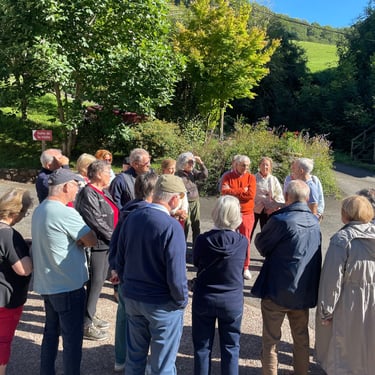
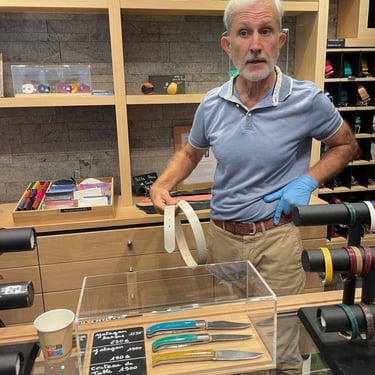
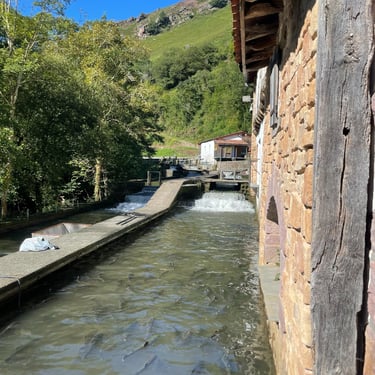
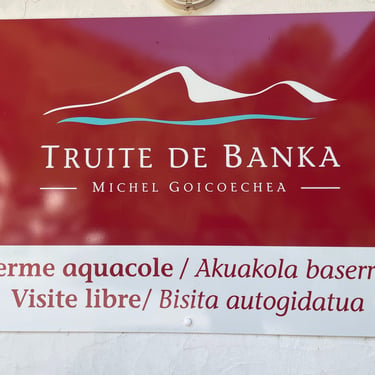
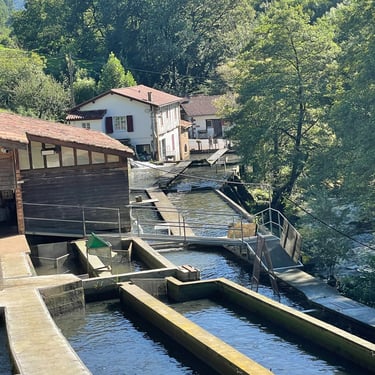
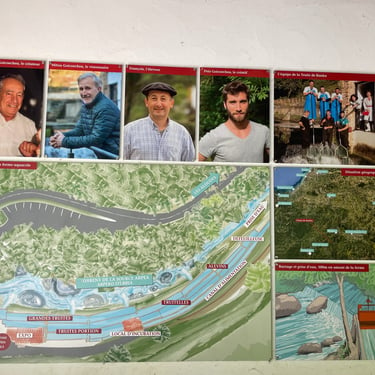
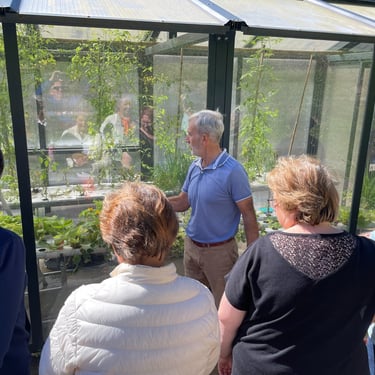
La truite de Banka 07/09/24
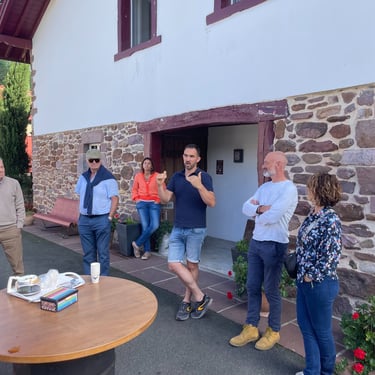
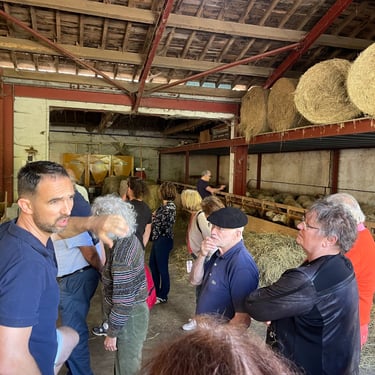
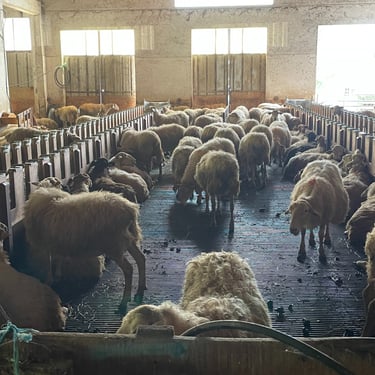
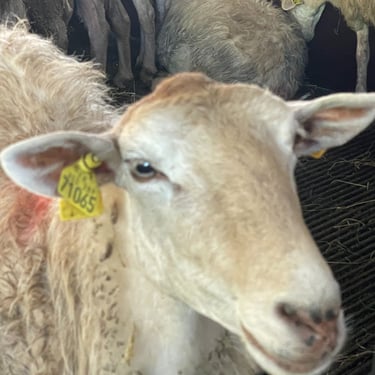
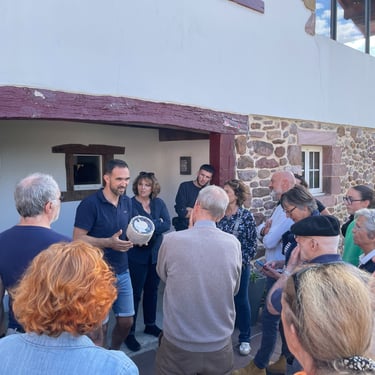
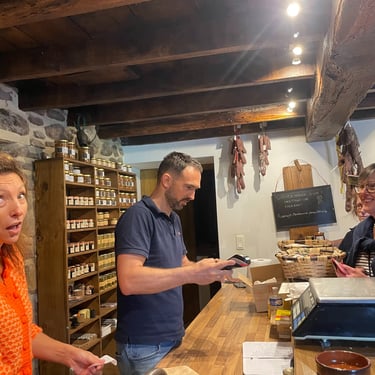
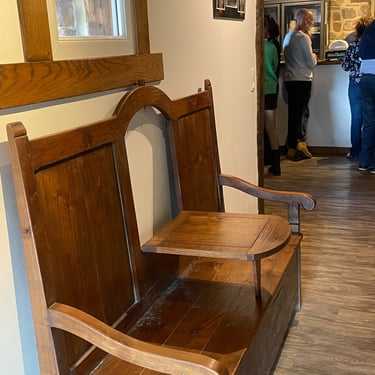
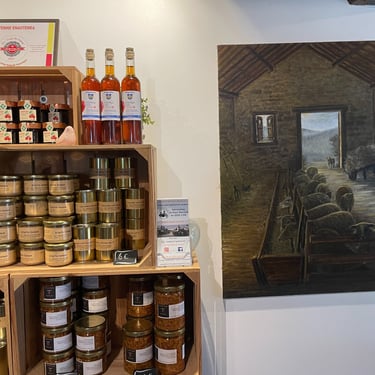
Ferme Enautenea, famille Tambourin 07/09/24
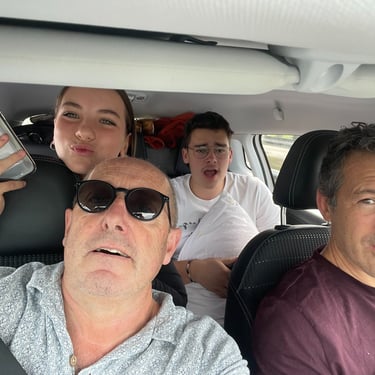
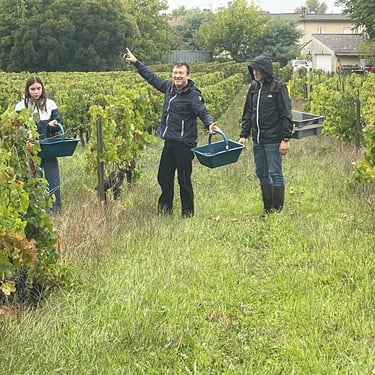
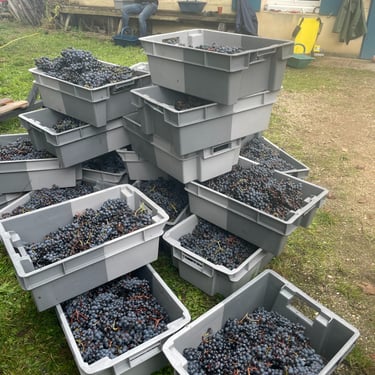
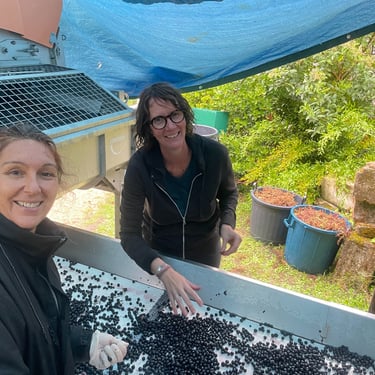
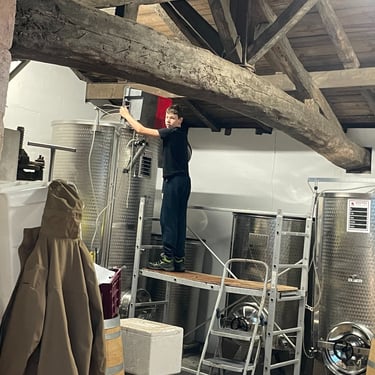
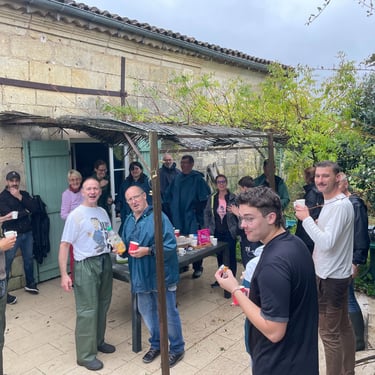
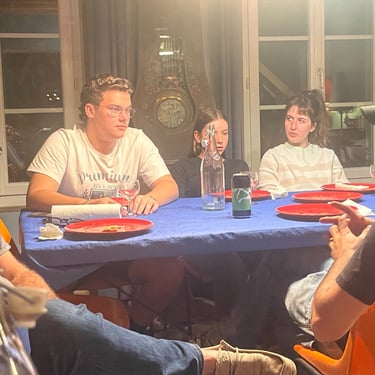
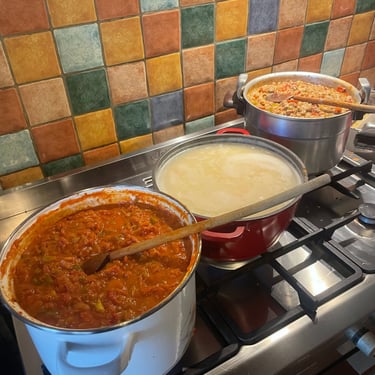
Vendanges à Pomerol Clos St André 21/09/24
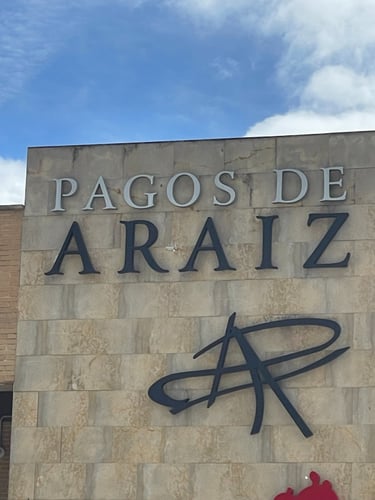
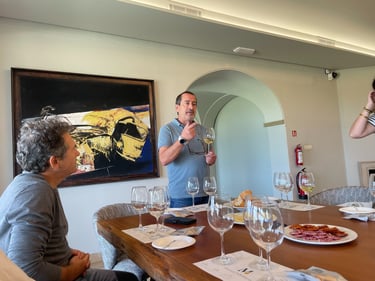
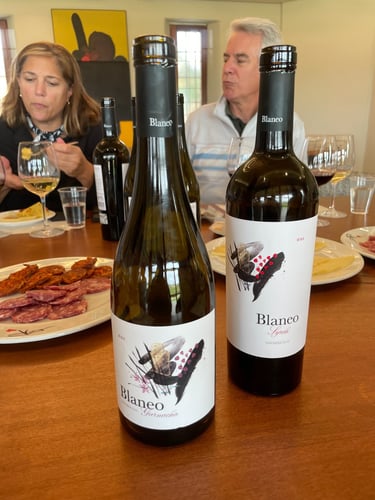
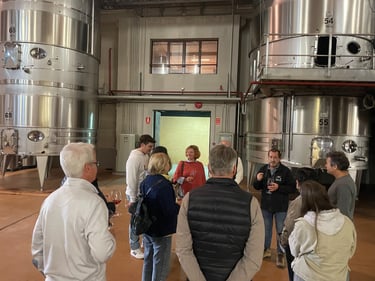
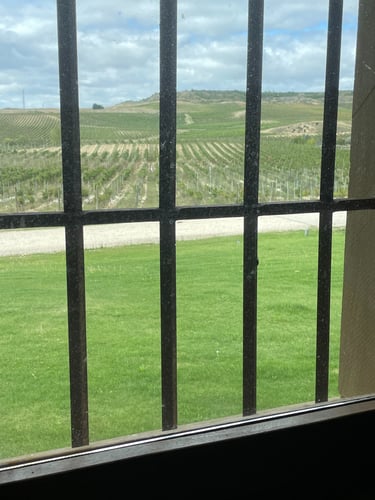
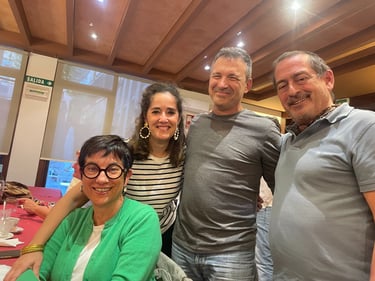
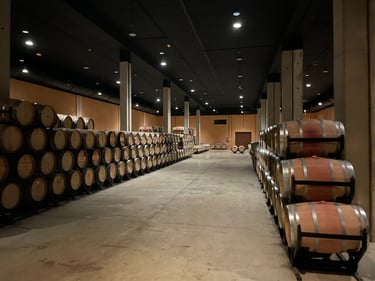
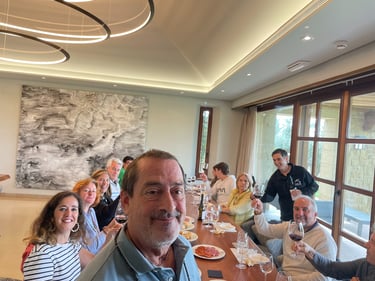








Découverte du domaine Pagos de Araiz en Navarre le 26/09/24
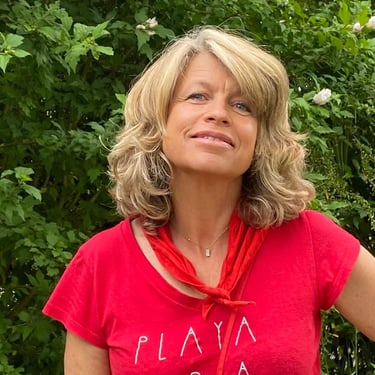
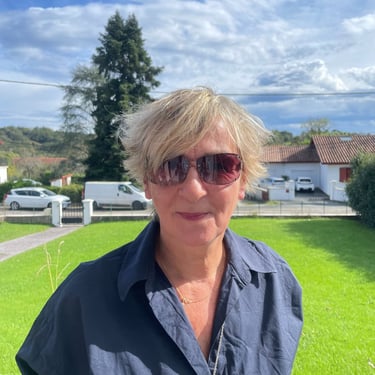
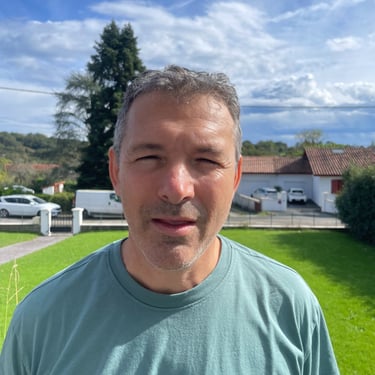
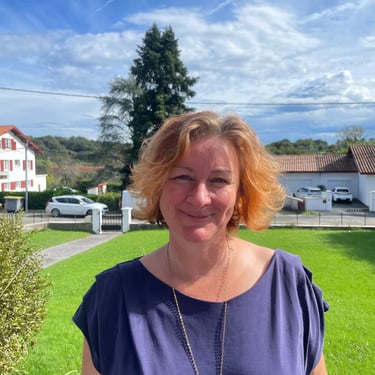
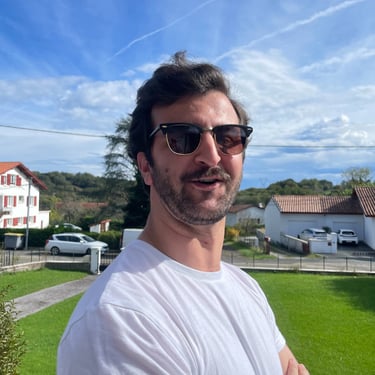
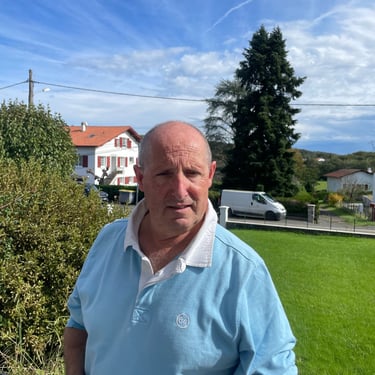
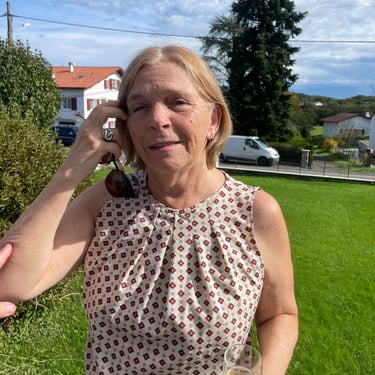
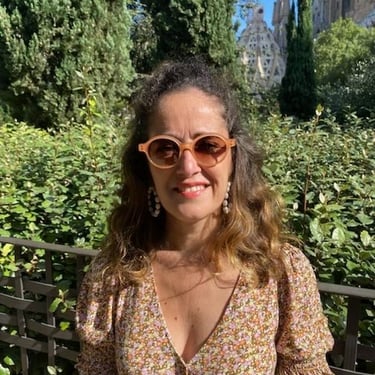
Kattalin Kesting
Valérie Thiebaut
Les membres du bureau, manque Julien,Anais, Graziella, Valérie et Jenofa.
Iban Lavaud
Virginie Hildelbert
Virginie Hildelbert
Florence Devemy
Arthur Jamin
Bixente Marichular
Karine Alvareda
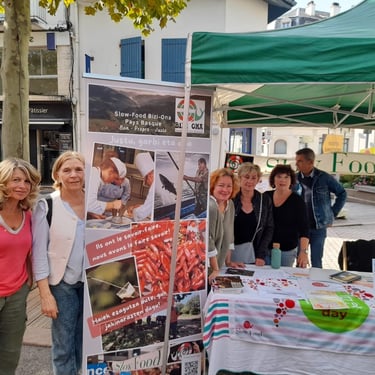
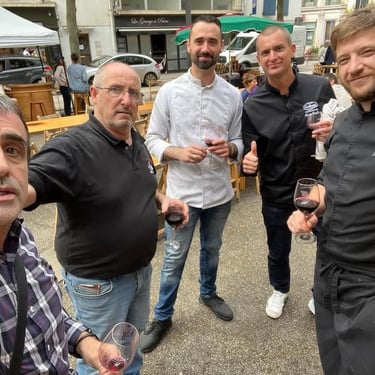
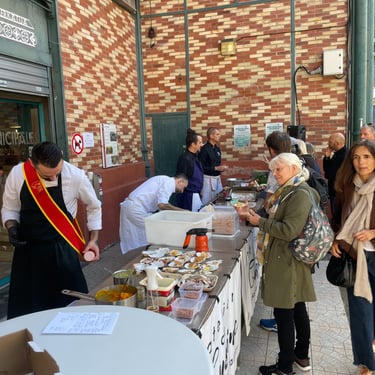
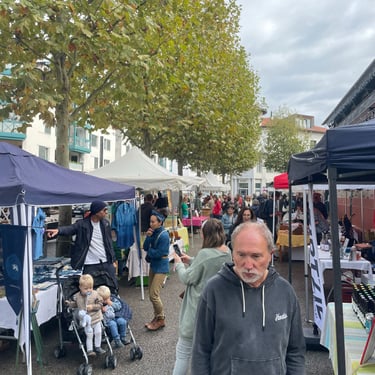
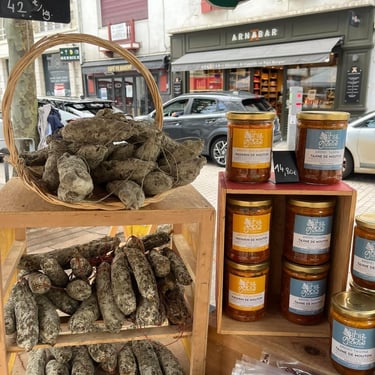
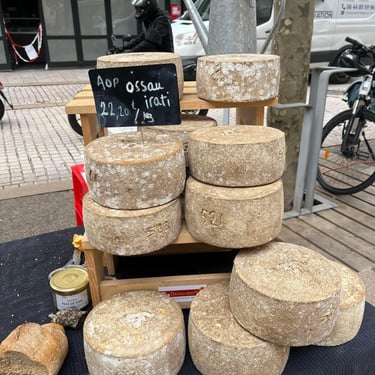
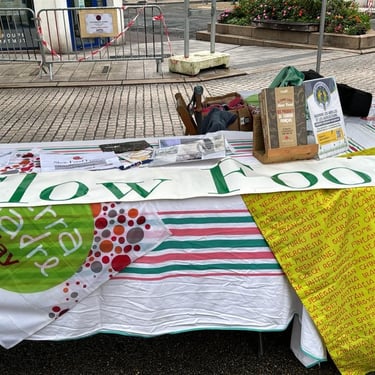
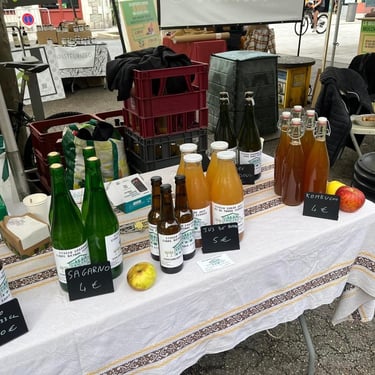
Fête de la Fermentation St Jean de Luz 19/10/24
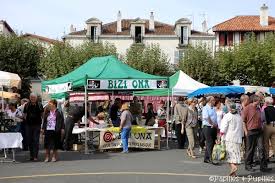

Durant 15 années Bizi Ona a organisé le Marché d'exception sur le port de St jean de Luz et ensuite autour des Halles, notre marché de la terre.
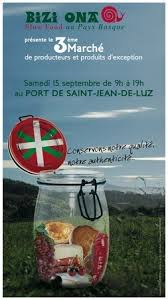

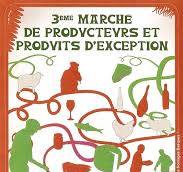

Des centaines de personnes assistent chaque année au championnat du monde de boudin . Pour le gagnant, c'est un sacré coup de pub.
Ah ! La mélodie des boudins qui frétillent dans les poêles bouillantes. L'odeur de la charcuterie qui voyage autour du fronton de Ciboure dès 10 heures le matin. Et ces centaines de gourmands qui attendent leurs assiettes chaudes avant de s'attaquer à l'apéritif (à moins que ce soit pour digérer ceux de la veille)… Qu'on se le dise, le championnat du monde de boudin d'Iparralde, organisé par le Comité des fêtes de Ciboure et Bizi Ona Slow Food lors de la Bixintxo, est un véritable moment de fête.
Mais ce n'est pas parce que ça sent la ripaille qu'il faut faire n'importe quoi. « C'est un concours très sérieux, car réputé. On estime que le professionnel qui rafle la mise voit son chiffre d'affaires augmenter de 10 à 15 % dans les semaines qui suivent », assurent Rafaël Indo, de la Confrérie de la gastronomie basque, et Bixente Marichular, vice-président de Slow Food Bizi Ona. Pour cette sixième édition, c'est Pantxoa Aizpurua, de la boucherie du Golf à Ciboure, qui a gagné le Txapela (béret d'honneur) du champion, catégorie professionnelle (bouchers, charcutiers, producteurs).
Quand le boudin devient une science… un art
Le meilleur du monde ?
Attention, comme le stipule l'article 9 du concours, la commission qualité de l'organisation se réserve le droit de veiller au suivi de la qualité des produits primés. « En cas de non suivi de la qualité des boudins, la commission se réserve le droit de le faire savoir par voie de presse. » On vous l'a dit, les organisateurs du championnat du monde de boudins d'Iparralde veillent au grain. Mais pourquoi parle-t-on de championnat du monde alors que le concours n'est réservé qu'aux producteurs du Pays basque français ? « C'est un problème de traduction, sourit le président du Comité des fêtes, Jojo Aramburu. On avait écrit « grandiose » en basque et c'est devenu « mondial » en français. Mais on a quand même laissé l'intitulé depuis. ».
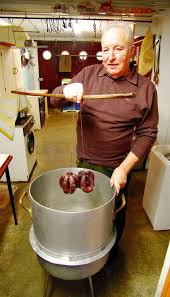

Nous avons organisé avec le comité des fêtes de Ciboure ainsi que la Cofradia de Donostia le concours du Championnat du monde de Boudin d'Iparralde.
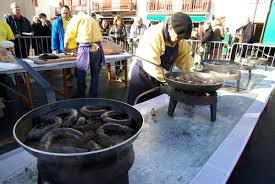

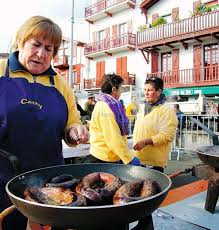

Du Pays Basque à l'Italie
Sensibles aux fondements du mouvement Slow Food et la promotion d’un mode d’alimentation bon, propre et juste, de nombreux producteurs basques se sont rendus à Turin en Italie pour participer au Salon International de Slow Food « Terra Madre ». Cet événement qui a lieu tous les deux ans près de Bra, le berceau de Slow Food, rassemble producteurs et acteurs du mouvement venus du monde entier en faveur du maintien de la biodiversité. Ces producteurs basques ont pu à cette occasion rencontrer d’autres producteurs venus du monde entier, partager leur savoir faire et parler de leur histoire ainsi que de leur travail au cours de conférences. Suite à cela Lurrama, le Salon de l'agriculture paysanne et durable au Pays Basque est né.
Désireux de protéger et faire connaître leur savoir faire lié à des produits traditionnels de la région mais menacés de disparition par la recherche de rentabilité d’une agriculture industrielle, certains d’entre eux, rassemblés en filières, ont travaillé à l’adhésion de leurs produits aux programmes que propose Slow Food pour la biodiversité comme l’Arche du Goût et les Sentinelles.
Après un long travail de concertations et de rédaction d’un cahier des charges consacrant leurs histoires et leurs méthodes, remis à l’un des 5 représentants de la biodiversité en France, 4 sont aujourd’hui admises au sein des produits de l’Arche du Goût et 8 au sein des Sentinelles.
Du côté de l’Arche du goût qui consacre une technique, une race ou une variété traditionnelle du territoire menacée de disparition, on trouve :
Le Merlu de Ligne de Saint Jean de Luz.
Le Thon Rouge pêché à la cane.
Autres filières actuellement candidates :
Euskal Gaztaina
, la châtaigne du Pays Basque.Erle Beltza
, l'abeille noire du Pays Basque.La Vache Pirenaica.
À terme la filière comporte deux autres dimensions :
Sociale : en permettant à tous les acteurs de la filière de se structurer et de s’entraider ;
Environnementale : en s’orientant vers des pratiques plus naturelles et respectueuses de l’environnement.
Elles peuvent prétendre au statut de « Sentinelle », comme c’est déjà le cas pour :
Trois de ces Sentinelles sont aujourd’hui en signes de qualité :
le Kintoa,
le fromage de Brebis, Ardi gasna( Ossau-Iraty)avec un AOP,
Biper Eztia, piment doux avec son Label Rouge,
Le Maïs Arto Gorria, Grand Roux Basque, a lui sa propre marque qualitative Bio.
Nous travaillons à la mobilisation de chefs porteurs de la gastronomie Basque afin de sublimer et faire connaître ces produits locaux de grande qualité.


